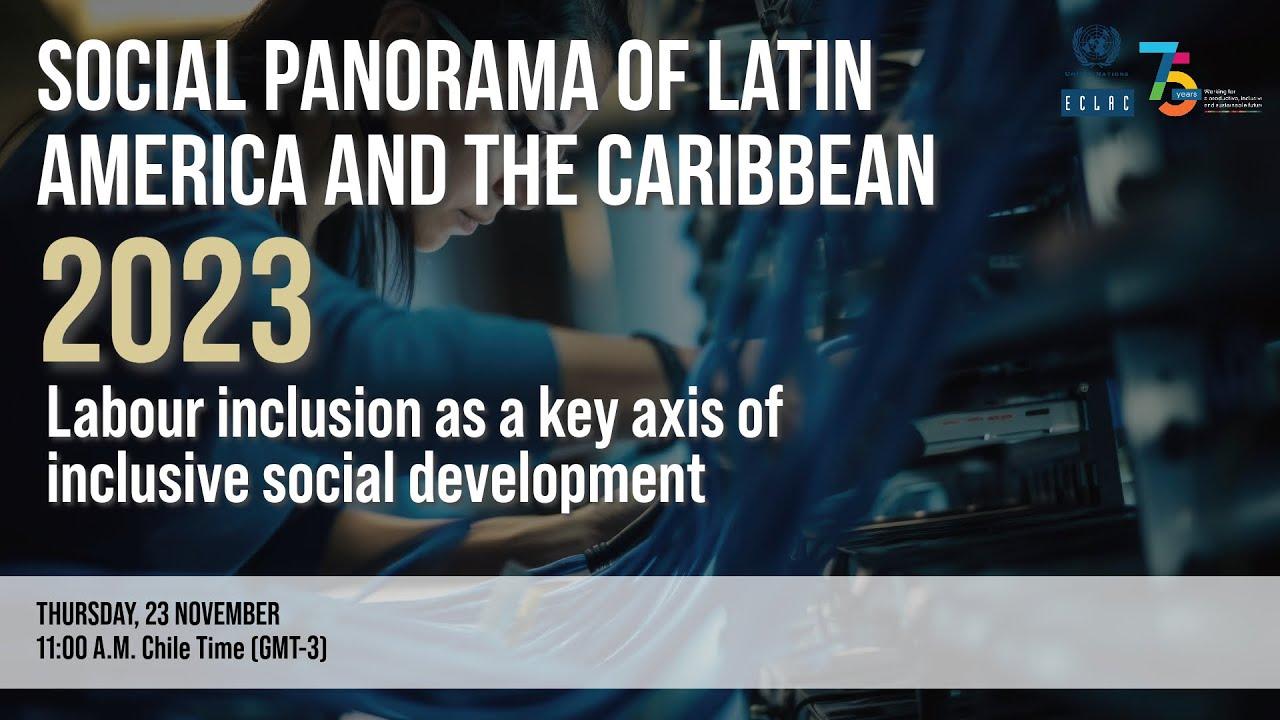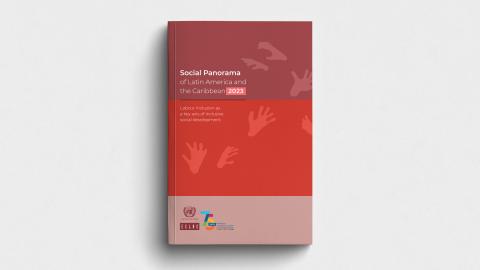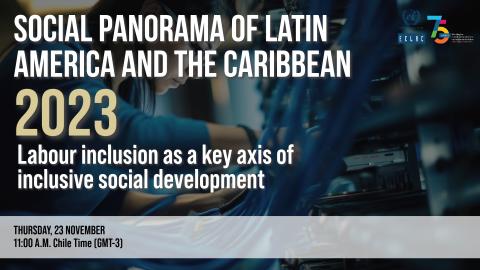video
“There can be no significant progress on implementation of the Sustainable Development Goals (SDGs), approved today at the United Nations, if gender equality is ignored. The time for equality has come,” Alicia Bárcena, Executive Secretary of the Economic Commission for Latin America and the Caribbean (ECLAC), said during the Sustainable Development Summit being held in the framework of the UN General Assembly, in New York.
The UN’s 193 Member States adopted today during the General Assembly the 2030 Agenda for Sustainable Development, approving a resolution in which they recognize that the greatest challenge in today’s world is the eradication of poverty. The Agenda sets forth 17 Goals with 169 targets of an integrated and indivisible nature that address economic, social and environmental matters.
Previously, Pope Francis delivered a historic speech to the world leaders in attendance in which he called on international financial institutions to work to ensure the sustainable development of countries and prevent them from being subjected to the asphyxiating pressure of credit systems, which far from promoting progress, subject populations to mechanisms of greater poverty, exclusion and dependence.
“Sustainable development must include gender equality comprehensively, otherwise it is neither development, nor sustainable,” Alicia Bárcena said in a second interactive dialogue entitled “Tackling inequalities, empowering women and girls and leaving no one behind,” which took place this Friday at the UN headquarters.
The event was led by the Presidents of Croatia and Kenya, Kolinda Grabar-Kitarovic and Uhuru Kenyatta, respectively, and included the participation of other authorities, representatives of United Nations agencies, funds and programs, and members of civil society.
There are three autonomies that are essential for achieving the emancipation of women: physical, economic and political, Bárcena said. The economic aspect implies equality in salaries and labor opportunities, and access to financing, credit and assets. “To identify the structural gaps we must end the statistical silence,” she indicated.
ECLAC’s Executive Secretary highlighted that in the drafting of the SDGs—which, as of now, will replace the Millennium Development Goals (MDGs)—great progress was made to mainstream the gender perspective. She added that, in line with what ECLAC has been promoting in recent years, women’s autonomy is at the center of the agenda for equality and structural change in the Latin American and Caribbean region.
With regard to economic autonomy, the international official reminded participants that in Latin America and the Caribbean one in every three women still does not have her own income, while in the case of men that ratio is one in every 10. Furthermore, only half of all women participate in the labor market and eight in every 10 work in sectors of low productivity, while many women perform non-remunerated care tasks at home.
In terms of physical autonomy, she indicated that violence, and femicide in particular, still persist in many countries in the region, despite government efforts and greater public consciousness of this problem. Barriers also remain in terms of political autonomy, which prevent women from having more participation in decision-making.
These three areas are addressed in the new Sustainable Development Goals (especially in SDGs 1, 5 and 8). However, for the development agenda to be fully realized, officials must center on concrete measures that increase the number of women with their own sources of income, enable an adequate balance between work and men and women’s daily lives so that care-related tasks can be shared more equitably, eradicating time poverty in this way and creating equality for all, Bárcena emphasized.
“The SDGs are an instrument to achieve an integrated approach that fosters women’s autonomy,” ECLAC’s Executive Secretary underscored. “Economic inequality cannot be understood without considering the violence suffered by women, their sexual and reproductive rights and their participation in decision-making.”
Alicia Bárcena is participating this week in New York in various activities of the Sustainable Development Summit, which is being held in the framework of the 70th regular session of the United Nations General Assembly.
Bárcena met with editors from media outlets on Thursday, September 24, and she will participate in other gatherings related to the Summit and the General Assembly. She will also accompany UN Secretary-General, Ban Ki-moon, during a series of bilateral meetings with presidents from the region.


